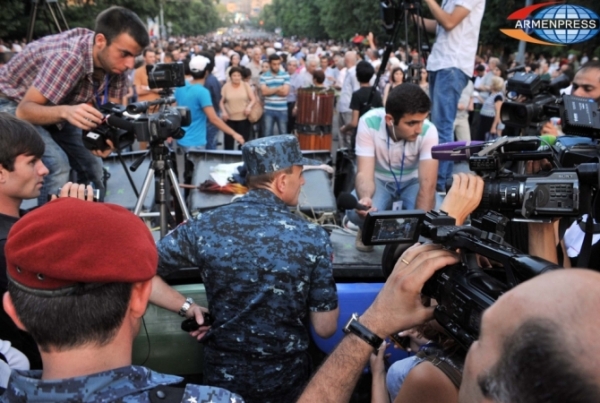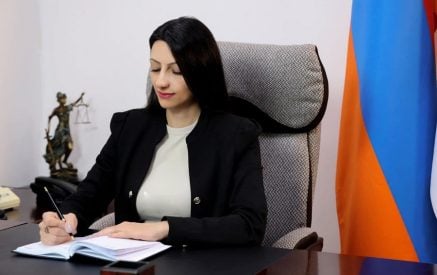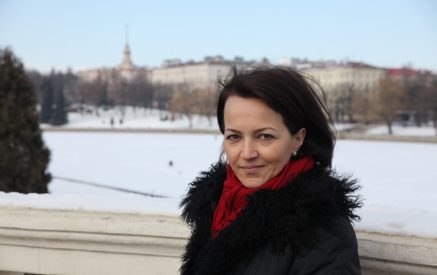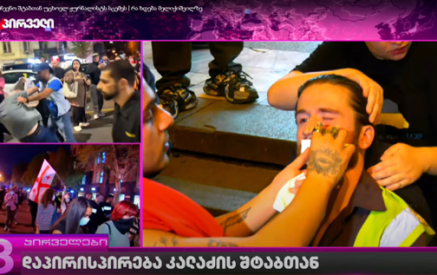Recently, a debate was held between my colleagues about how we, the journalists, should behave ourselves during the demonstrations, who was behaving as a protester and who – as a journalist. I think there is no definite answer to this question. Purely theoretically, it is clear to me: if the purpose is to cover the demonstration, then the journalist, apparently, should not act as a person appeared in this or that side of the barricade. In other words, I should not reiterate the mottos of the protesters and should not voice the allegations, which the protesters throw over the face of the government authorities and the police, better yet, I should not attack the police or provoke them to attack me.
On the other hand, when the police uses force against the demonstrators and prevent shooting it, in other words, in violation of the law, interfere in my professional activity, then it seems to me, I should do my “mini-demonstration” too by resisting the police illegality as such.
This is, of course, my envisaged theory, life can offer a thousand and one “intermediary options”. I see the solutions to the question in explanations, both by us and the police. If the police carry out actions attributed by the law to disperse the demonstration, then it should not be “ashamed” for making the materials about these actions public and should not prevent anyone, including the journalists, to shoot them. The police should be ready to see the image of a police officer beating a man, let’s say, in a newspaper, on the Internet and the television.
On the other hand, it is desirable for the media to have a code of ethics, which will define the conduct of the media representative in specific cases. “Aravot”, as we know, is in favor of the balance in this case (it is another matter that we are not always successful in this). However, we certainly are not a standard. It will be quite natural if the media puts down in its code of conduct that its objective is the “regime dismissal”. Or, the preservation.
Read also
Aram ABRAHAMYAN





















































